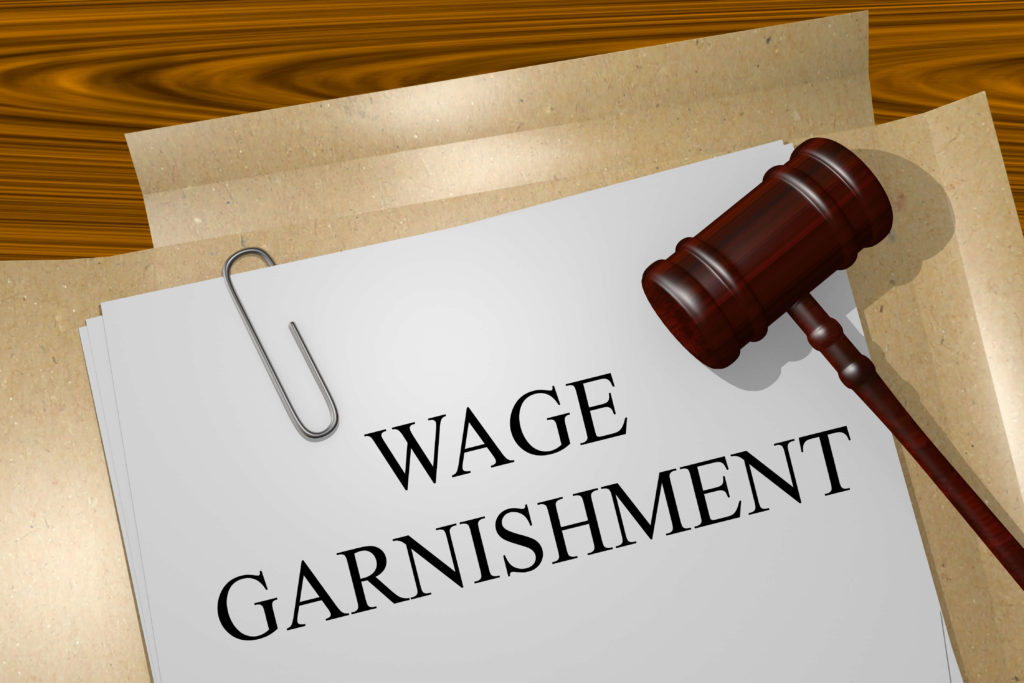Everything You Need to Know About Wage Garnishment and What to Do About It
Wage garnishment is a stressful and confusing situation. But you do not have to sand still. Comprehending the legal process will help you understand what happened and why.
Once you read this article, you will have practical guidance on the next steps. Moreover, we can connect you with a local attorney to turn your plans into tangible action.
How Does Wage Garnishment Work?
Wage garnishment gives a creditor authority to collect money from your paycheck. A court order is necessary to make this arrangement happen, and it is usually a last resort. It often means lenders or other parties have tried and failed to collect payment through other means.
The top amount for garnishment varies based on state legislation and the nature of the debt. Generally, the maximum amount is 25% of your disposable income. This amount gets calculated by examining wages after taxes and other mandatory deductions. Some states have lower limits or exemptions, such as Social Security or unemployment payments.
What Types of Debt Can Lead to Wage Garnishment?
There are several types of debt that can lead to wage garnishment. The most frequent categories include the following:
- Taxes: The Internal Revenue Service (IRS) can collect unpaid taxes through wage garnishment.
- Child Support: The state can order your employer to withhold your payments.
- Student Loans: The Department of Education can garnish wages to collect unpaid student loans.
- Court Judgments: A judge can grant a creditor the ability to collect from your paycheck.
- Consumer Debt: Medical providers or credit card companies can use wage garnishment to collect unpaid bills.
What Are the Consequences of Wage Garnishment?
Wage garnishment can have severe negative consequences. One of the most immediate impacts is struggling to make ends meet. This struggle can lead to delayed retirement and even make it difficult to afford necessities.
In addition to the financial strain, wage garnishment can impact your credit score. You may struggle to obtain new loans or other lines of credit. Furthermore, substantial legal consequences like a contempt charge or jail time are possible. As such, it is important to take action and work with creditors to find a workable solution.
What Can You Do If Wage Garnishment Already Happened?
You can take several actions to stop wage garnishment and alleviate some of the economic anxiety. One option is to negotiate a payment plan with their creditor. This arrangement can work if you cannot pay the debt in total but can afford payments.
Alternatively, you could file for bankruptcy. This legal action can provide a fresh start and prevent wage garnishment. You can also end the constant debt collector harassment through an automatic stay. But this solution is more appropriate as a last-ditch effort. Consulting a lawyer about the long-term consequences before filing is in your best interests.
Finally, you can request a hearing to challenge the garnishment. This method can get complicated, but it can stop the garnishment from harming your finances. A bankruptcy attorney can be successful in this effort with enough evidence to support the case.
What Can You Do If Your Wages Are Already Garnished?
There are several steps you can take to minimize the impact. Some general tips that others have taken advantage of include:
- Create a Budget: You must spend within your means with less income.
- Prioritize Bills: You should consider paying the essentials first, such as rent/mortgage, utilities, and food. Non-essential bills, such as streaming subscriptions, should come last.
- Seek Financial Assistance: You can consider programs like SNAP or LIHEAP to cover some expenses.
- Talk to Your Employer: Your employer must comply with court orders for wage garnishment. But they may be willing to work with you to minimize the impact.
- Consider Other Debt Relief Options: You may manage your obligations better through debt settlement or consolidation.
How an Attorney Can Help You Fight Wage Garnishments
A wage garnishment is a nasty surprise that can put your well-being at risk. But it may not have to stand as ordered. Moreover, an attorney may be able to stop it before it starts.
It is never too late to take control of your finances and work toward a debt-free life. Submit a request online or call us today at (866) 345-6784 to schedule a consultation.

